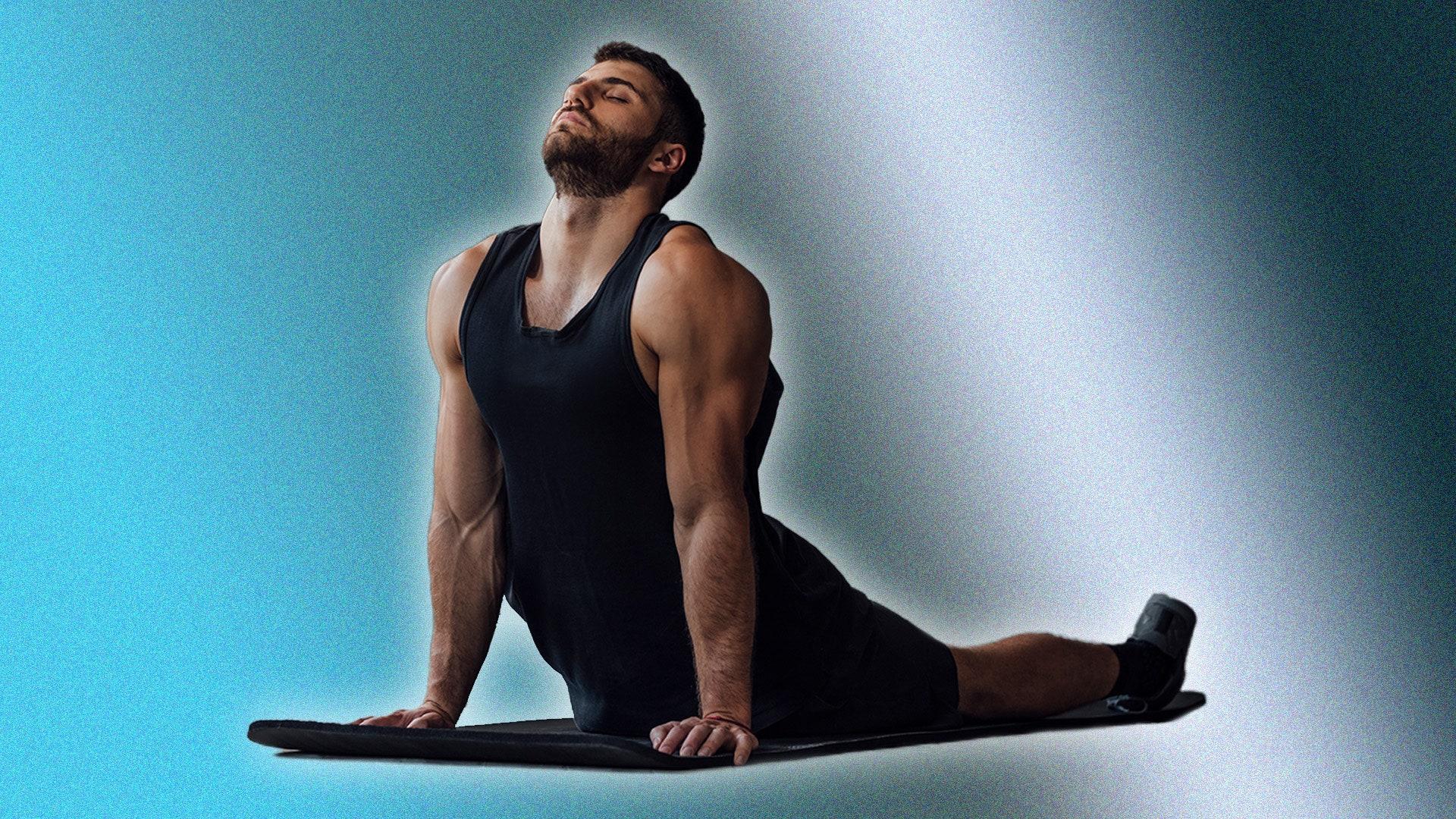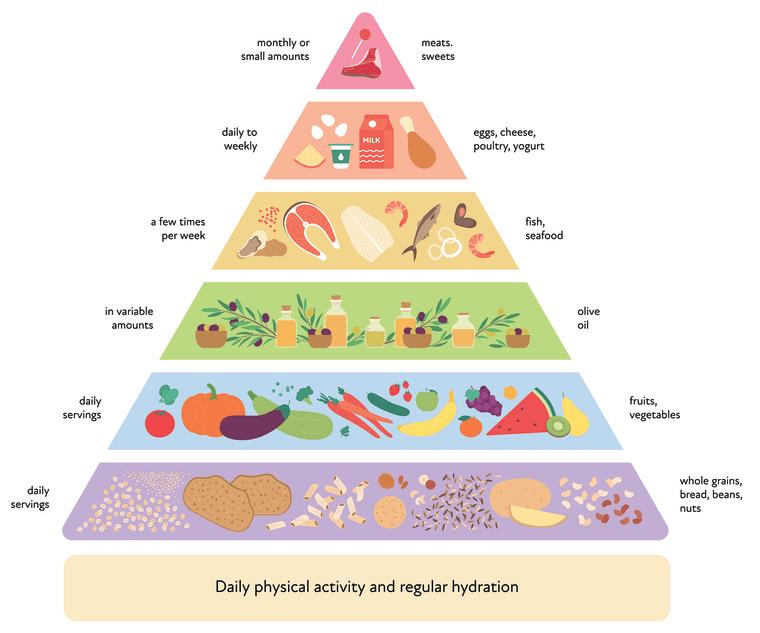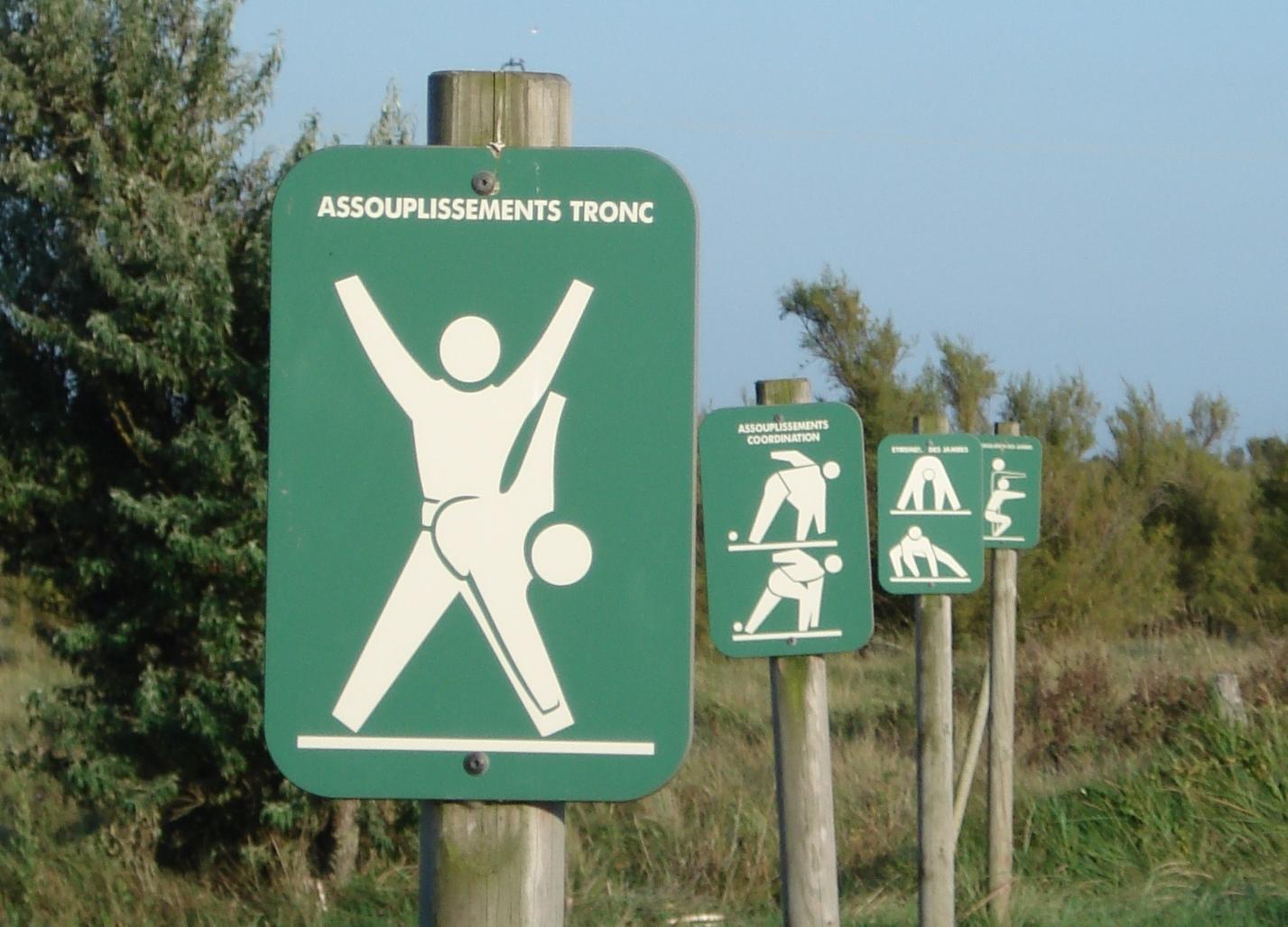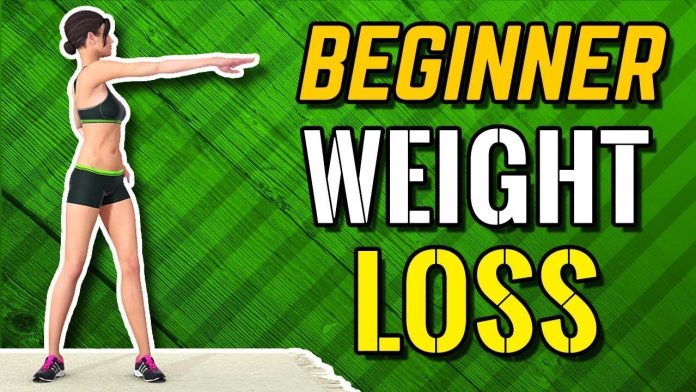In the quest for weight loss, two titans stand poised on the battlefield of health: exercise and diet. Both are heralded for their transformative powers, each boasting a legion of devotees who swear by their effectiveness. Yet, amidst the cacophony of fitness regimes and dietary plans, a question emerges that is as old as the concept of weight loss itself: should exercise or diet be the focal point of our efforts? This article embarks on a journey to unravel this age-old debate, exploring the intricate dance between calories burned and calories consumed. As we delve into the science, psychology, and practicalities of both approaches, we aim to illuminate a path that transcends the binary choice, offering insights that empower individuals to tailor their weight loss strategies to their unique needs and lifestyles. Join us as we navigate this complex terrain, seeking a balanced perspective in the pursuit of a healthier self.
Balancing Act Understanding the Role of Exercise in Weight Loss
In the quest for weight loss, understanding the intricate balance between exercise and diet is crucial. While both play significant roles, exercise offers unique benefits that extend beyond the scale. Engaging in regular physical activity not only burns calories but also enhances metabolism, boosts mood, and improves overall health. These factors contribute to sustainable weight management and a healthier lifestyle.
- Calorie Burn: Exercise increases the number of calories your body uses, aiding in creating a calorie deficit necessary for weight loss.
- Metabolic Boost: Regular workouts can enhance your resting metabolic rate, meaning you burn more calories even at rest.
- Mental Well-being: Physical activity releases endorphins, which can reduce stress and improve mental clarity, making it easier to stick to a healthy eating plan.
However, it’s important to recognize that exercise alone may not lead to significant weight loss without dietary changes. Finding a harmonious balance where exercise complements a nutritious diet can be the key to achieving and maintaining your weight loss goals effectively.

Nutritional Choices Unveiling the Power of Diet in Shedding Pounds
In the quest for effective weight loss, understanding the impact of nutritional choices is paramount. While exercise undoubtedly plays a crucial role in overall health, the power of diet in shedding pounds is often unparalleled. A well-balanced diet can create a caloric deficit essential for weight loss and help maintain energy levels for physical activity. Prioritizing nutrient-dense foods over empty calories ensures the body gets the essential vitamins and minerals it needs without excess calories.
- Whole Foods: Embrace fruits, vegetables, whole grains, and lean proteins to fuel the body efficiently.
- Portion Control: Understanding and controlling portion sizes can prevent overeating and help manage weight.
- Hydration: Drinking adequate water not only supports metabolic processes but can also curb unnecessary snacking.
- Mindful Eating: Being conscious of what and when you eat fosters a healthier relationship with food.
Ultimately, while exercise enhances fitness and contributes to a healthy lifestyle, the strategic selection of foods often determines the success of weight loss efforts. Balancing both elements can lead to sustainable results, but the undeniable power of dietary choices in this journey cannot be overstated.
Personalized Plans Crafting a Strategy That Works for You
When embarking on a weight loss journey, the question of whether to prioritize exercise or diet can be daunting. Crafting a strategy that works for you involves understanding your unique body and lifestyle. Here are some elements to consider when tailoring your plan:
- Body Type: Different bodies respond uniquely to diet and exercise. It’s essential to identify your body type and adjust your focus accordingly. Some may find that a dietary approach leads to more significant results, while others may benefit more from an exercise regimen.
- Current Lifestyle: Consider your daily schedule and habits. If you’re always on the go, a plan that emphasizes quick, healthy meals might be more sustainable. Alternatively, if you have more time, incorporating regular exercise sessions could be beneficial.
- Personal Preferences: Personal satisfaction and enjoyment can significantly impact your commitment to a weight loss plan. Choose activities and foods that you enjoy, ensuring that your strategy is not only effective but also enjoyable.
By focusing on these aspects, you can create a personalized plan that not only aligns with your weight loss goals but also fits seamlessly into your life, enhancing both your health and happiness.

Expert Advice Combining Exercise and Diet for Optimal Results
Striking the right balance between exercise and diet can significantly enhance your weight loss journey. Exercise is a powerful tool that not only burns calories but also boosts metabolism, improves mood, and builds muscle mass. However, without a complementary dietary approach, the results might not be as impactful. Diet, on the other hand, directly influences your calorie intake and can have a more immediate effect on weight loss. The key is to find a harmonious blend that works for your body and lifestyle.
- Listen to Your Body: Pay attention to how different foods and exercises make you feel.
- Focus on Nutrient Density: Prioritize whole foods that provide essential nutrients.
- Mix It Up: Incorporate a variety of exercises to keep things interesting and target different muscle groups.
- Consistency is Key: Maintain a regular schedule for both diet and exercise to see lasting results.
To Wrap It Up
In the ongoing journey toward achieving a healthier lifestyle, the question of whether exercise or diet should take center stage in weight loss remains a captivating debate. Both paths, with their unique merits and challenges, weave together the intricate tapestry of wellness. As we navigate this complex landscape, it’s essential to remember that the ultimate success lies not in choosing one over the other, but in finding a harmonious balance that resonates with our individual needs and circumstances.
Embracing a holistic approach that combines the vitality of movement with mindful nourishment can unlock the door to sustainable change. By listening to our bodies, understanding our motivations, and setting realistic goals, we craft a personalized blueprint for well-being. So, whether you lace up your running shoes or fill your plate with vibrant, nutritious foods, remember that the journey is yours to shape. As we close this exploration, may you find the inspiration and insight needed to embark on your path, one step or bite at a time.


































